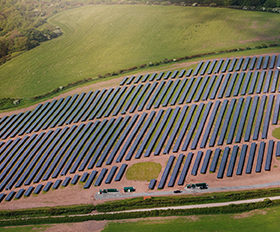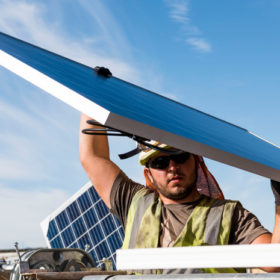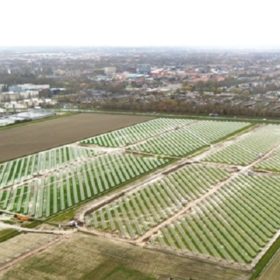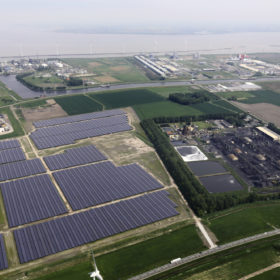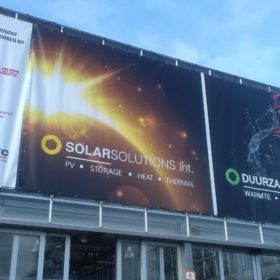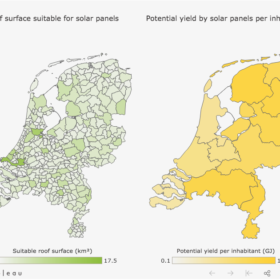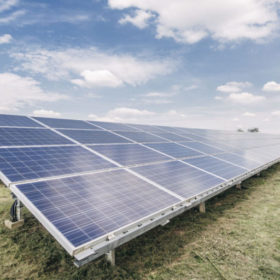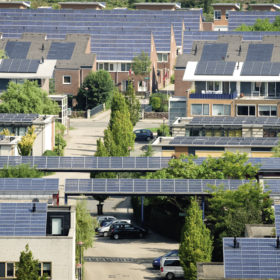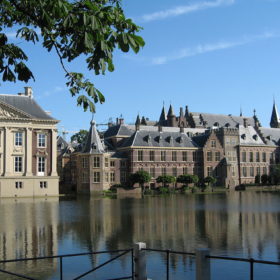Netherlands: Land prices are rising due to increasing development of solar parks
The country’s Ministry of Economic Affairs and Climate has urged regional governments and municipalities to grant licenses for solar PV parks on agricultural land only as a last resource. No restrictive measures, however, are being considered.
Netherlands urgently needs qualified workforce for solar and renewables
The alert came from the Dutch Social and Economic Council, which advised the government to invest in, among other things, training more workforce specializing in building and maintaining renewable energy power plants. On the other hand, is a fact that qualified installers are urgently needed to deploy the several GWs of of solar power allocated under the SDE+ incentive program.
F&S Solar energizes 15 MW solar facility at Amsterdam’s Schiphol Airport
The 15 MW project was developed under the Netherlands’ SDE+ program for large-scale renewables.
Dutch transmission system operators make room for more solar
Netherlands-based TenneT and Enexis are implementing a series of measures to prepare their networks for more solar power in the regions of Groningen and North Drenthe.
Netherlands’ Energyra starts construction on 100 MW module factory
The Dutch solar PV panel maker has received financial support from the government of region of North Holland, where the manufacturing facility will be located. The first module shipments are planned for the end of 2018.
Four key takeaways from the Solar Solutions exhibition in the Netherlands
The Dutch solar fair has now taken the shape of an international event, due to the increasing number of big players attracted to the Netherland’s PV market, and the high level of professionalization that has been reached by the local ecosystem of installers and distributors. Although a few uncertainties on the possible changes of the current regulatory framework are suggesting caution, solar across all of its segments is clearly set to become a mainstream source of energy nationwide.
Rooftop solar could provide half of Dutch electricity needs, Deloitte finds
Based on analysis of publicly available data, Deloitte estimates that solar panels installed on every suitable roof surface across the Netherlands could meet half of the current Dutch electricity demand, despite the country’s cloudy and rainy climate.
BayWa enters Dutch solar market with 2 GW, €159 million deal
The Munich-based company will acquire a 70% stake in a solar PV project pipeline totaling 2 GW in the Netherlands through its renewable energy arm Baywa re. The transaction will have to be approved by antitrust authorities.
Netherlands’ solar installs top 2.7 GW
Around 700 MW of installed PV was connected to the grid in the Netherlands in 2017, according to provisional numbers provided by the Dutch Central Bureau of Statistics (CBS). Solar was also able to increase its share in the country’s power production from 1.30% in 2016, to 1.75% last year.
Dutch government plans to build solar parks on its own premises
The first pilot PV projects are planned to have a power range of 80 MW to 100 MW each, and are to be finalized by 2020.
